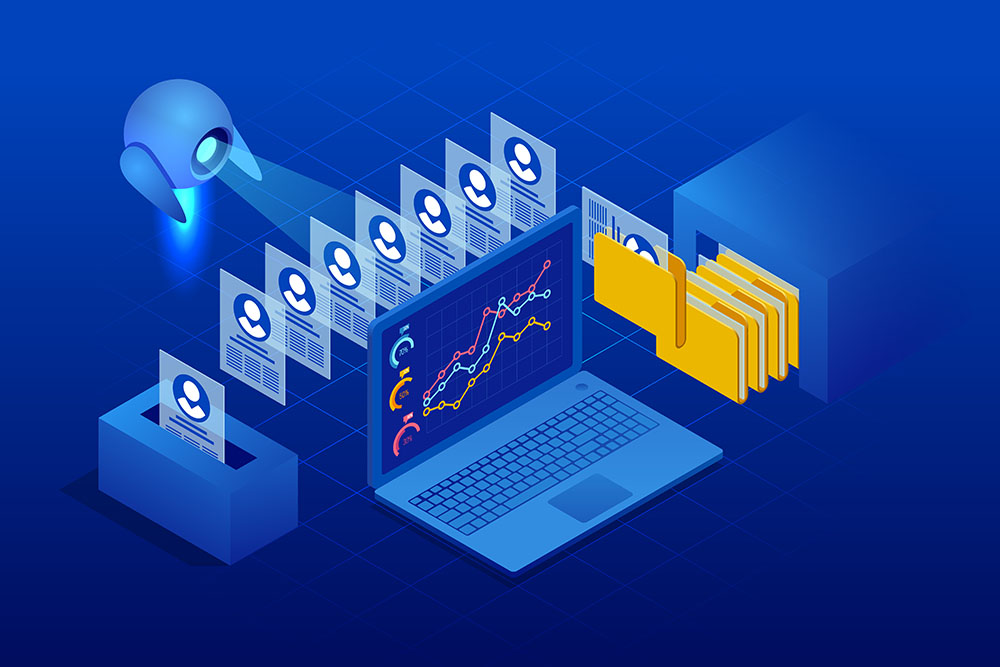AI is quickly becoming a powerful tool in hiring—helping teams move faster, uncover patterns, and make more informed decisions. The potential is huge: faster resume reviews, deeper candidate insights, and more efficient processes across the board.
But as these tools become more common, HR leaders face a critical responsibility: making sure AI helps build a fairer system, not one that repeats the mistakes of the past.
AI is already changing how companies find and evaluate talent. It can scan resumes, assess interviews, and even predict who might thrive in a role. When used well, this technology saves time and boosts consistency. But if not carefully managed, it can also carry forward the same biases we’ve worked hard to eliminate.
Here are some ways to minimize the potential bias in your HR practices.
Recognizing Bias in the Data
AI learns from patterns;those patterns come from historical hiring data. If that data reflects biased choices, even unintentionally, the AI can learn and repeat them. This is especially tricky in resume screening, where certain schools, job titles, or even names may be favored for the wrong reasons.
Choosing the Right Tech Partners
Not all AI tools are built the same. HR leaders should work with vendors who are open about how their systems work—what data they use, how the models are trained, and what steps they take to reduce bias. If a system can’t explain its decisions, it’s not a safe bet.
Keeping People Involved
AI should support human decisions—not replace them. Final hiring calls should always include a human review, with recruiters trained to question and interpret what the tech recommends. That’s how you keep both accountability and context in the process.
Using AI to Support Equity
When designed thoughtfully, AI can actually help broaden access. Tools that hide identifying info on resumes, catch biased language in job postings, or fairly assess nontraditional skills can uncover great candidates who might otherwise be missed.
Treating it Like a Living System
Hiring is constantly evolving—and so should the tools we use. HR teams need to regularly check how AI is performing, look for unintended impacts, and adjust along the way. Staying aligned with evolving laws and ethics isn’t optional—it’s foundational.
AI can absolutely improve how we hire—but only if we stay mindful of how we use it. With the right checks in place, it’s possible to build a process that’s not just faster, but fairer too.




